in Thoreau’s Journal:
2 pm To Walden
A snow-storm which began in the night –& is now 3 or 4 inches deep– The ground which was more than half bare before–is thus suddenly concealed–& the snow lodges on the trees & fences & sides of houses–& we have a perfect wintry scene again– We hear that it stormed at Philadelphia yesterday morning.
As look I toward the woods beyond the poor house– & see how the trees—esp apple trees, are suddenly brought out–relieved against the snow–black on white–every twig as distinct as if it were a pen & ink drawing the size of nature. The snow being spread for a back ground, while the storm still raging confines your view to near objects–each apple tree is distinctly outlined against it.
Suddenly too where of late all was tawney brown in pastures–I see a soft snowy field with the pale brown lichens just peeping out of it.
It is a moist & starry snow–lodging on trees–leaf bough & trunk. The pines are well laden with it. How handsome, though wintry the side of a high pine wood–well greyed with the snow that has lodged on it– & the smaller pitch pines converted into marble or alabaster–with their lowered plumes–like rams-heads’ drawings.
The character of the wood paths is wholly changed by the new fallen snow–- not only all tracks are concealed–but the pines drooping over it–& half concealing or filling it, it is merely a long chink or winding open space between the trees–
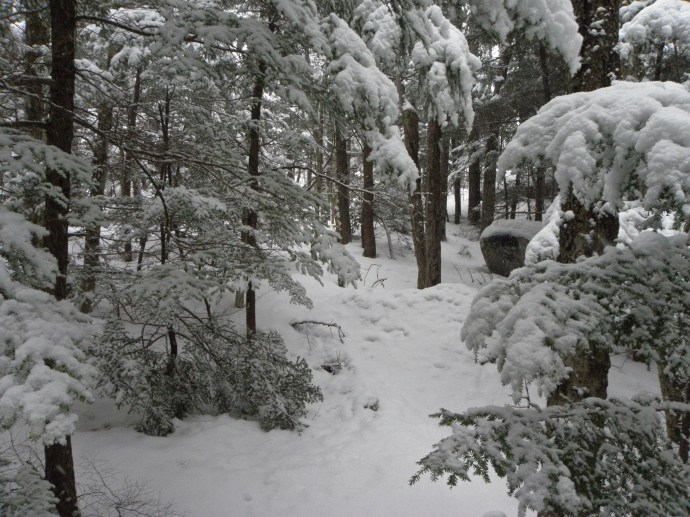
This snow, as I have often noticed, before, & other crystals is composed of stars–with a very fine cotton intermixed. It lodges & rests softly on the horizontal limbs of oaks & pines–- On the fruit & dry leaflets (?) of the alders that stand over the pond it is in the form of little cones 2 inches high–making them snow ball plants. So many little crystalline wheels packed in cotton.
When we descend on to Goosepond–we find that the snow rests more thickly on the numerous zigzag & horizontal branches of the high blueberries that start bend over it–than on any deciduous shrub or tree producing a very handsome snowy maze & can thus distinguish this shrub–by the manner in which the snow lies on it–quite across the pond. It is remarkable also how very distinct & white every plane surface as the rocks which lie here and there amid the blueberries or higher on the bank–a place where no twig or weed rises to interrupt the pure white impression. In fact this crystalline snow–lies up so light & downey that it evidently admits more light than usual & the surface is more white & glowing for it– It is semi transparent. This is especially the case with the snow lying upon rocks, or musquash houses–which is elevated & brought between you & the light. It is partially transparent like alabaster. Also all the birds nests in the blueberry are bushes revealed–by the great snow balls they hold.










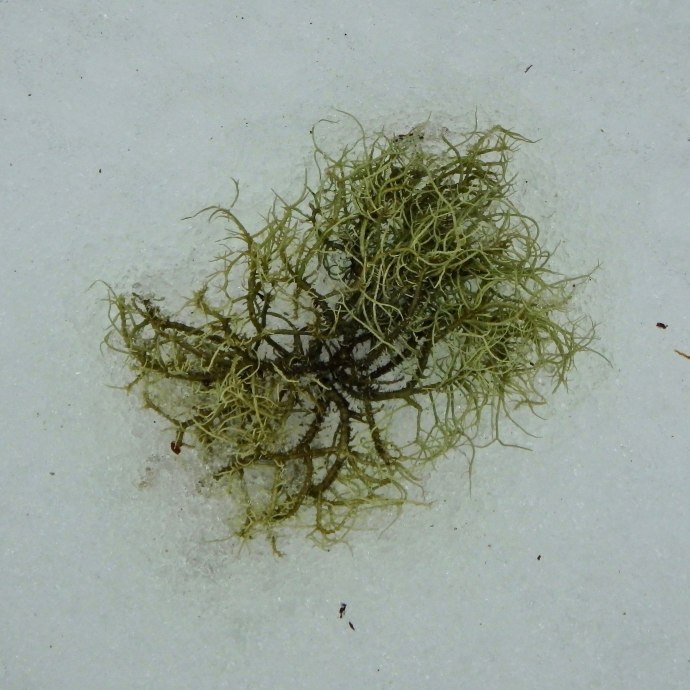








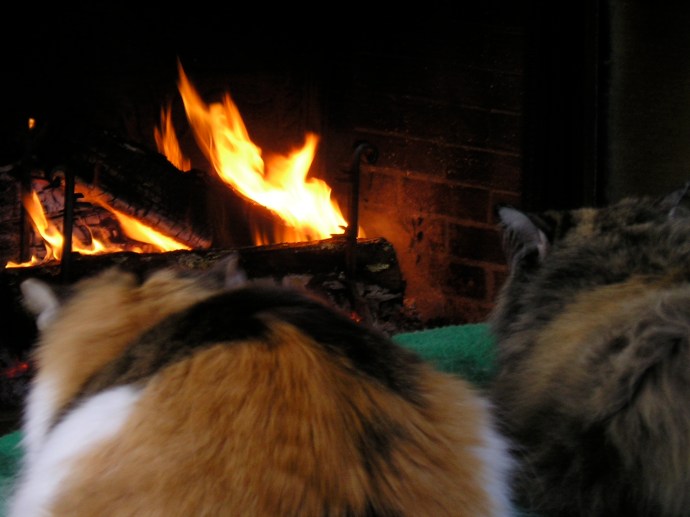
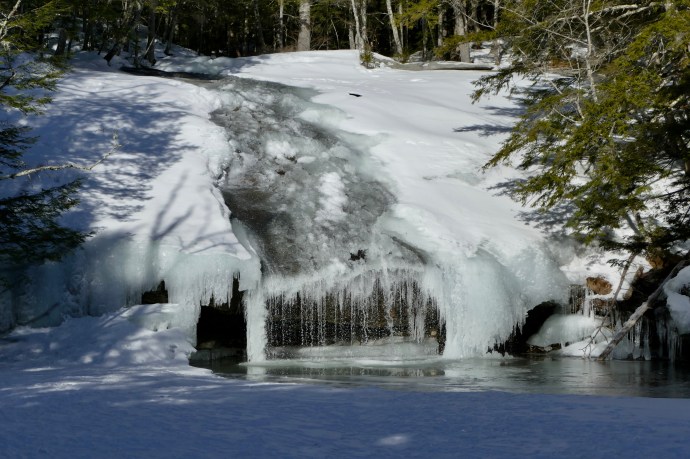



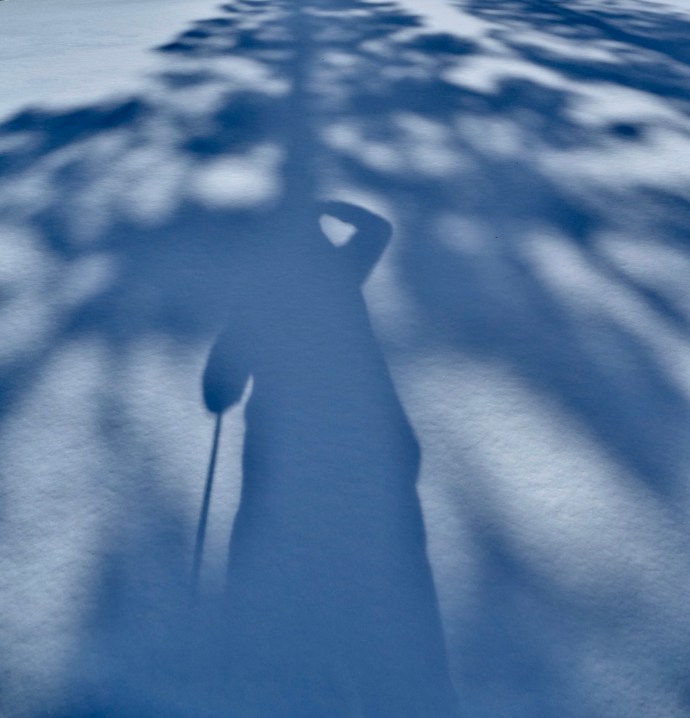
You must be logged in to post a comment.